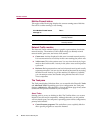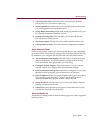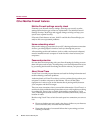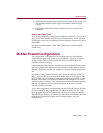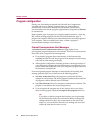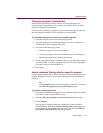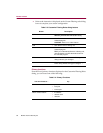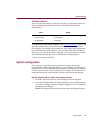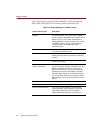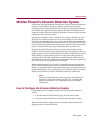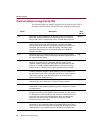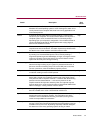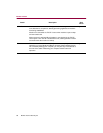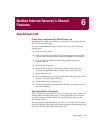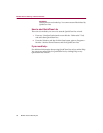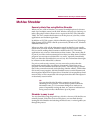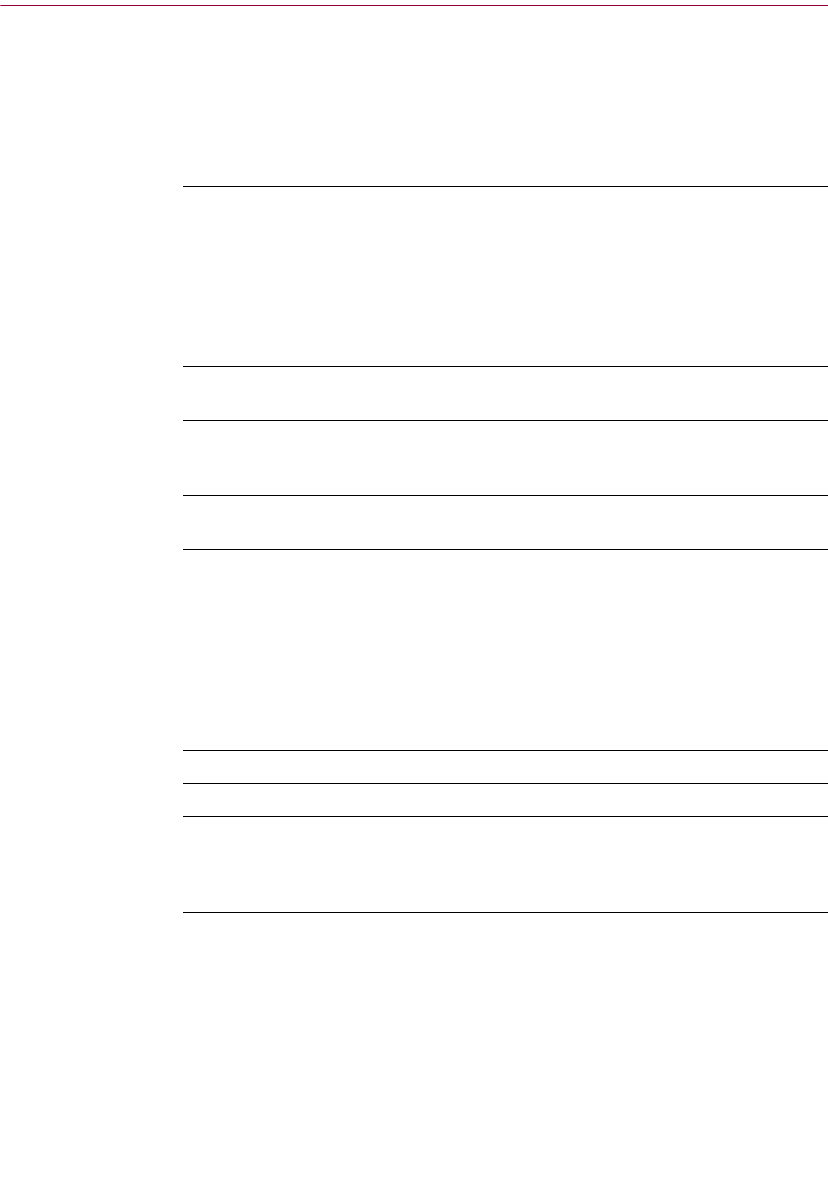
McAfee Firewall
84 McAfee Internet Security 5.0
You can then choose to allow or block NetBIOS over TCP, Identification,
ICMP, ARP, DHCP, RIP, PPTP and other protocols (IP and non-IP).
Table 5-5. Default Settings for System Activity
System Activity Type Description
NetBIOS over TCP:
Blocked
This will block all file share activity over TCP as well
as UDP broadcasts. Your system will not appear in
anyone's “Network Neighborhood” and theirs will not
appear in yours. If your system is configured to
support NetBIOS over other protocols, such as IPX
or NetBEUI, then file sharing may be allowed if
“non-IP protocols” are allowed (see “Other
Protocols” below).
Identification: Blocked This service is often required when getting email and
is required by most IRC servers.
ICMP: Blocked This protocol is often abused as a method of
breaking people's network connections (especially
on IRC).
ARP: Allowed ARP is a necessary Ethernet protocol and is not
known to be a threat.
DHCP: Allowed if your
system uses DHCP
The program looks in your system Registry to see if
one of your network devices uses DHCP. If so, then
DHCP is allowed for all devices. If not, then it is
blocked for all devices. If you have more than one
network device and one uses DHCP, you should
check the DHCP setting for each device and allow
only for the device that uses it (most often cable or
ADSL modems and some internal networks, not for
dial-up).
RIP: Blocked Allow RIP if your administrator or ISP advises you to.
PPTP: Blocked This should only be altered by the administrator.
Other Protocols: Blocked If you are on an IPX network, you should allow
“non-IP protocols”. If you use PPTP, you should
allow “other IP protocols”. Ask your network
administrator before making any change here.



